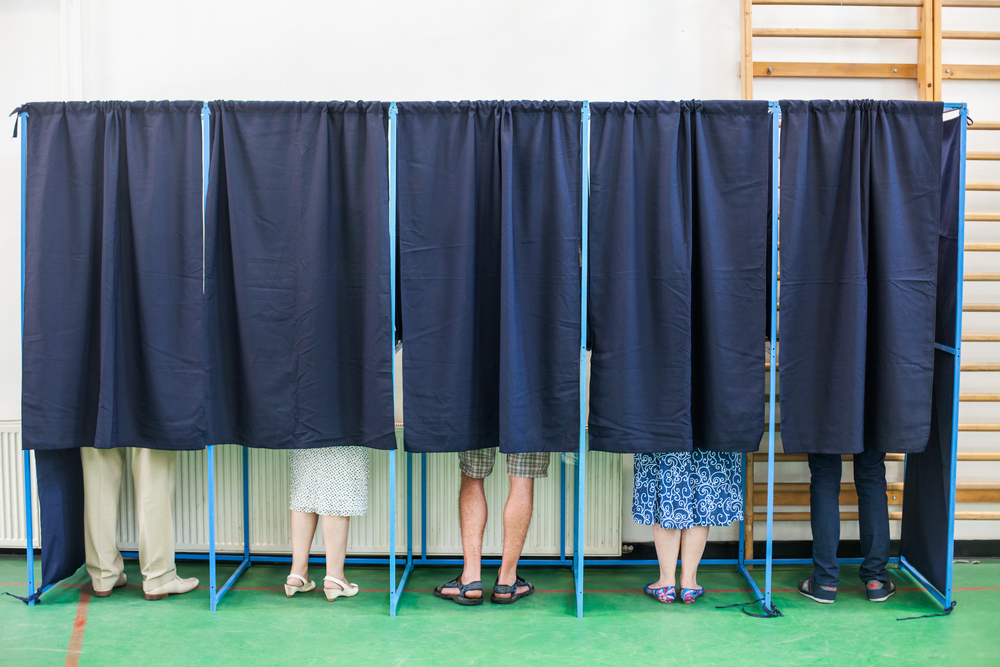The Netherlands is holding national elections on Wednesday, November 22, and you might wonder whether you’re allowed to vote. Let’s get into it.
As an international, you may have voted in municipal or European Parliament elections in the Netherlands, but general elections are different.
In order to be eligible to vote in the parliamentary elections, you need to meet specific conditions.
Conditions for voting in the Dutch national election
If you want to vote in the 2023 elections, you must:
- Have Dutch nationality
- Be at least 18 years old
- Not be excluded from the right to vote (these are only under very specific circumstances and must be ruled by a judge)
Before we continue, you may be wondering what counts as Dutch nationality. This is important to understand.
Dutch nationality versus Dutch residency
Only people with Dutch nationality can vote in general elections as opposed to Dutch residents.
In other words, you must carry a Dutch passport or national identity card rather than a Dutch residence permit.
This means that even if you’re a non-EU student with a study permit or a skilled migrant with an indefinite work permit, you won’t be able to vote in general elections.
Can I vote as an international in the Dutch general elections?
As an international who was not born in the Netherlands, the only way for you to be eligible to vote in Dutch national elections is if you have obtained a Dutch passport or national identity card through naturalisation.
Are you a naturalised Dutch citizen with a Dutch passport? Congrats! This means that you can vote in the Dutch general elections.
Are you from the Dutch Caribbean? There are special requirements
If you’re a resident of the islands of Bonaire, St. Eustatius and Saba, you’re also eligible to vote in Dutch elections.
Dutch residents from the islands Aruba, Curacao and Sint Maarten can only vote if they have:
- Lived in the Netherlands for at least 10 years OR
- Work in a Dutch public service on one of these islands
Voting in Dutch elections within the Netherlands
Eligible to vote? Great. Here’s what you can expect:
At least two weeks before the elections, you will receive a voting pass (stempas) in the mail.
You have to take your voting pass and proof of identity (passport, driver’s license, national ID card) to vote at the polls.
At least four days before the elections, you will receive the list of candidates and the addresses of (mobile) polling stations.
Keep in mind: You must vote within the municipality you’re registered in. For example, if you live in Leiden and are registered in the Leiden municipality, you have to vote within the city.
Voting by proxy in the Netherlands
If you can’t vote yourself (whether you’re ill, temporarily outside of the Netherlands, or need to work), it is possible to authorise another voter to cast your vote for you.
This is called voting by proxy, which has its own rules and restrictions.
Voting in Dutch elections from abroad
It’s also possible to vote as a Dutch citizen from outside the Netherlands. However, first, you must register with the municipality of The Hague.
Once you have done this, you can vote through:
- A postal voting certificate and a ballot
- A written proxy
- A voter pass (for this option, you’ll have to be in the Netherlands on voting day)
More information about voting abroad is available on the Electoral Council website.
Will you be voting in Dutch national elections this year? Tell us in the comments!



